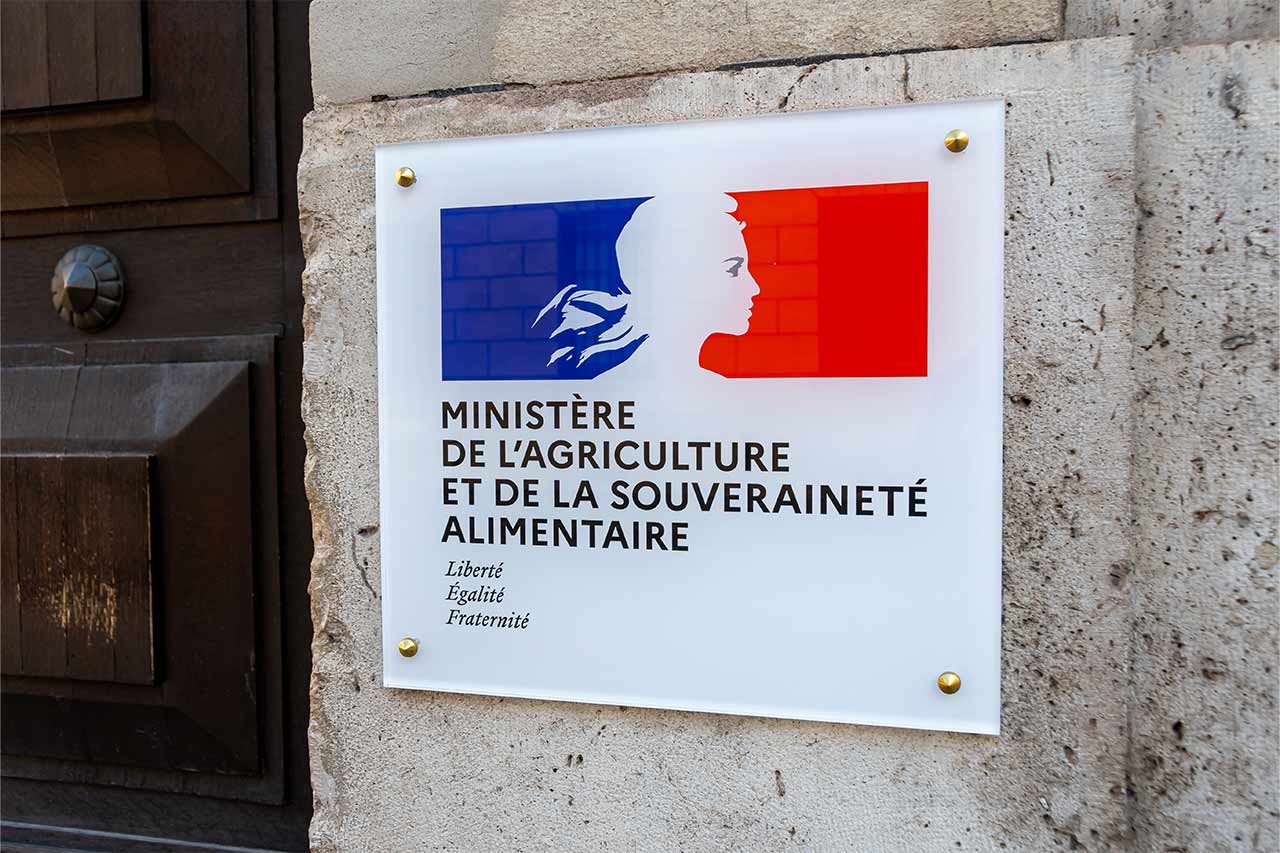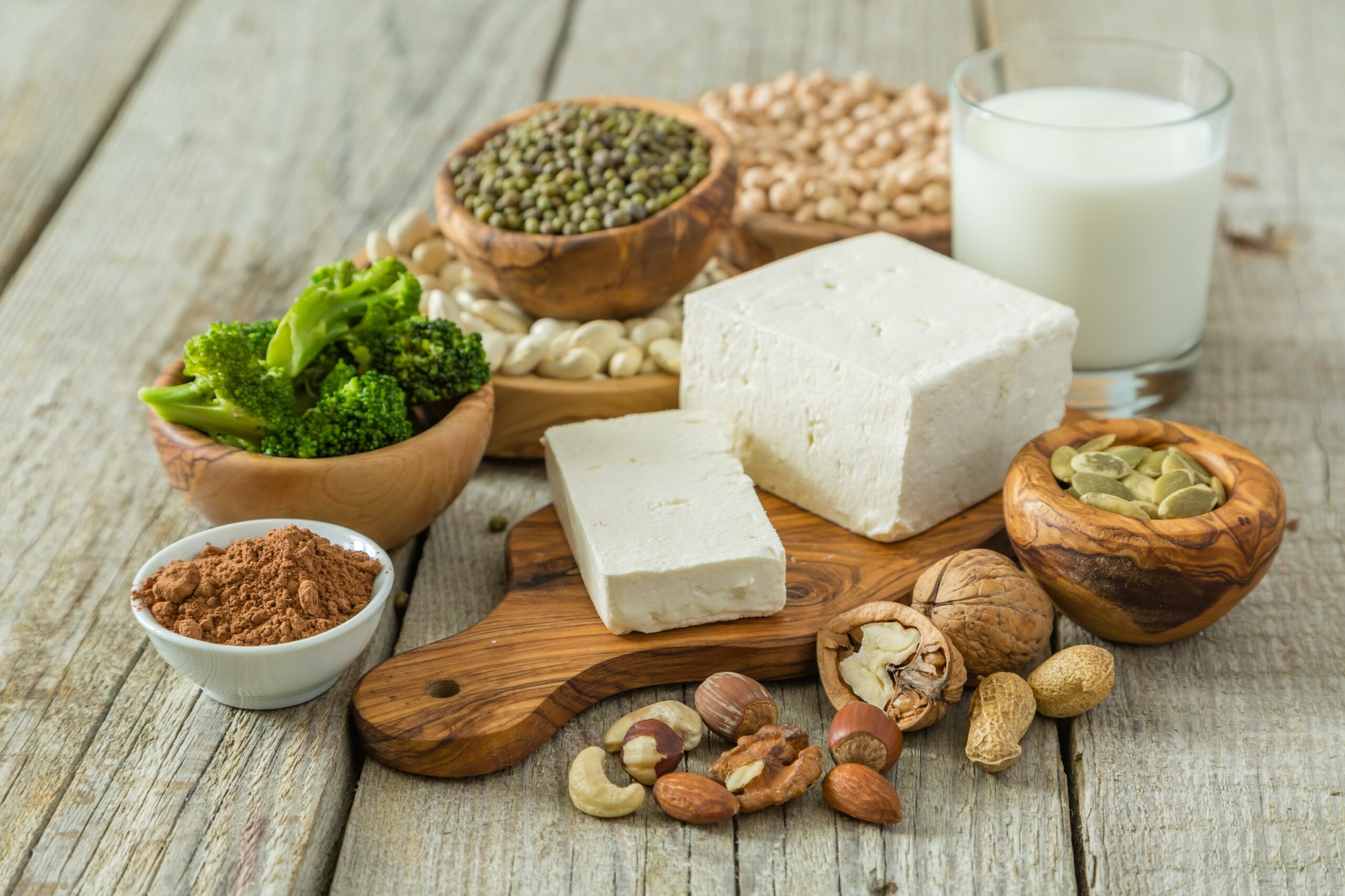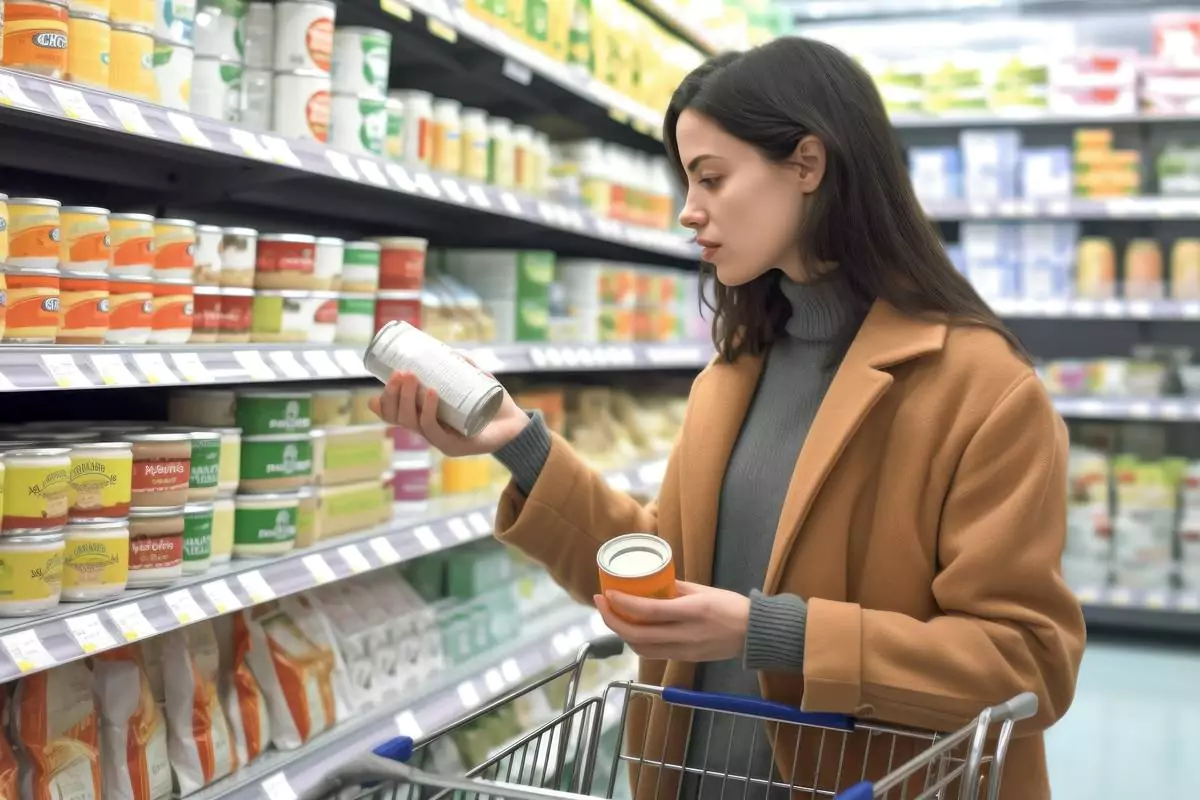
Food sovereignty

Develop more sovereign approaches in your activity
Alcimed’s team explores the challenges linked to food sovereignty for multiple major players in France and Europe. In doing so, we help these stakeholders respond to their challenges linked to food security and resilience, with the goal of promoting more sovereign approaches.
They trust us

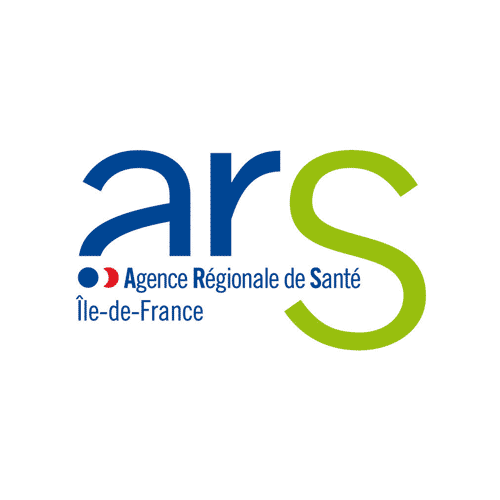


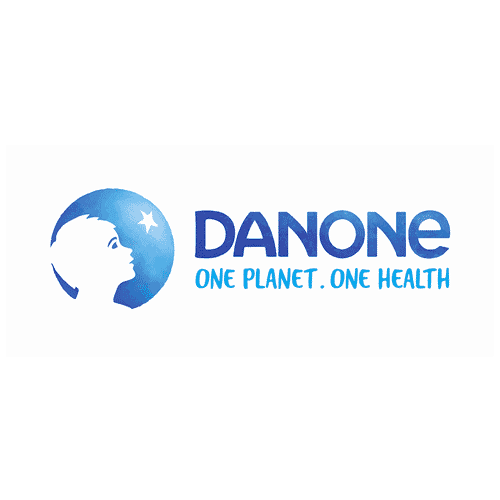


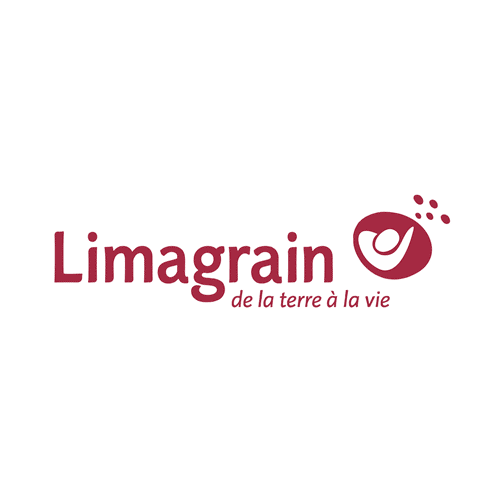
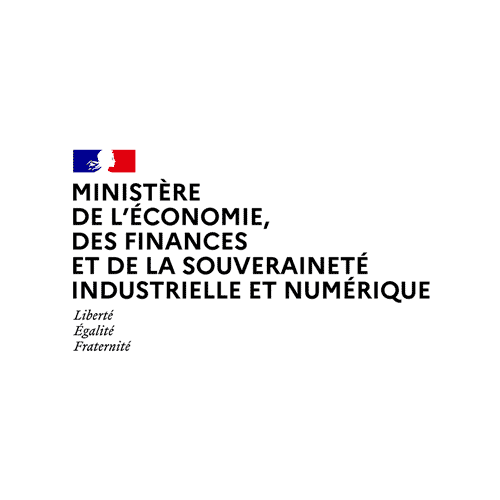

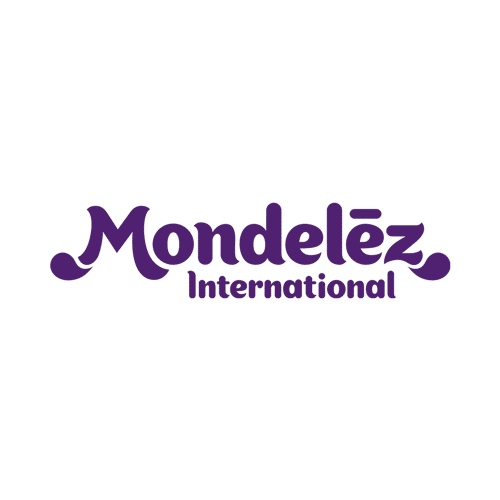
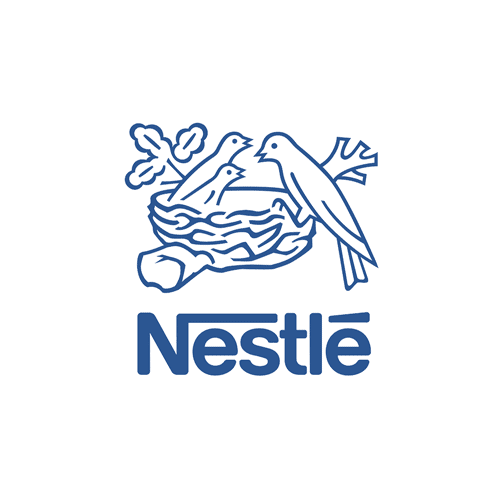
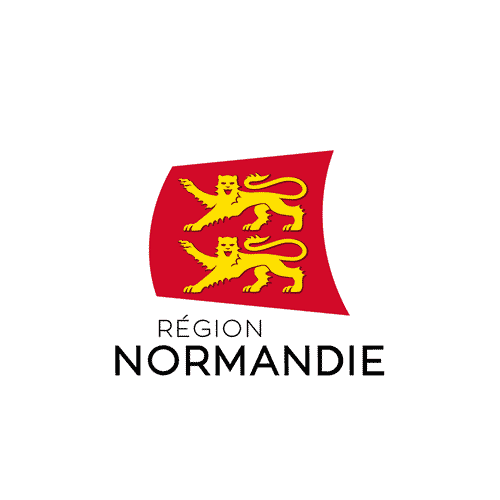
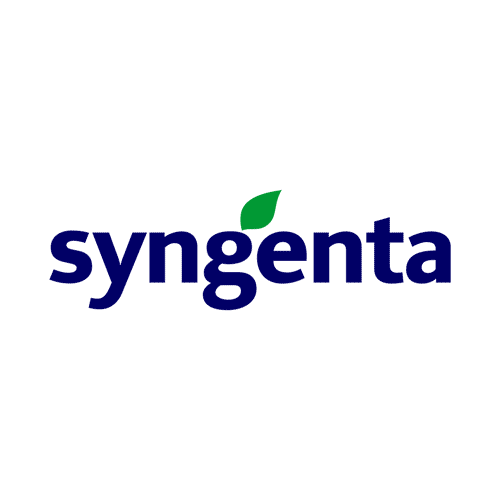
The challenges related to food sovereignty
Before the COVID-19 pandemic and the war in Ukraine, food sovereignty was not a key concern of governments and industrial players in globalized economic systems, where regional specializations were well established. Western countries often considered food security as a conquered challenge, despite their strong dependence on food imports, due to the apparent stability of global food production systems.
However, recent events exposed the fragility of this system and have caused a paradigm shift on this subject. The pandemic made clear the risks of dependency on international supply chains and the potentially disastrous consequences of major perturbations in these exchanges and interactions. The war in Ukraine equally highlighted the geopolitical risks linked to dependence on food commodity imports, such as grains and oilseed.
There are numerous challenges related to food sovereignty, including:
As an example, France is a large importer of food products, which could make it vulnerable to price fluctuations and global supply chain perturbations. Food sovereignty in France therefore rests on its capacity to relocate, shorten the supply chains, or at least diversify their imports to reduce this dependency.
How can we rethink our food strategy and construct a more local ecosystem? How can we identify new strategic partners or alternative raw materials to improve supply chain stability? How can we close the loops and control our incoming flows?
Agronomy research is essential for developing sustainable agricultural methods and ensuring quantity and quality of food produce. It can increase crop yields, crop resistance to climate threats, soil quality, water management, and other benefits. Indeed, current agronomic innovations have led to new techniques for soil conservation, agroforestry, precision agriculture, digital agriculture, and more. Investing in agricultural research is therefore essential for helping countries reach food sovereignty and solve problems liked to food quality and impoverished food systems.
What is the future of agronomy and agricultural innovation? Which markets should deploy these innovations and how can their implementation be ensured in the field?
Food sovereignty emphasizes sustainable food production, preserving simultaneously the soil, biodiversity and collective natural resources. This implies the adoption of more respectful agricultural practices, including re-thinking usage of pesticides and synthetic fertilizers, encouraging crop diversification, prolonging crop rotations, and making the most of local resources.
How can food sovereignty challenges be aligned with climate commitments? What are the future agricultural methods that will ensure sustainable food produce? How can production cycles be optimized? How can sustainability practices be promoted?
Water access is crucial for agriculture and food production. In certain countries (such as France), different regions have annual water shortages which directly impact their production capacity. Food sovereignty aims to guarantee equal water access for farmers and to promote agricultural methods that preserve both the quantity and quality of water resources.
What will be the next innovations that promote preservation of water resources? How can food production be adapted when water becomes more scarce?
Many countries, including France, have a large traditional and gastronomic wealth, with numerous local varieties of vegetable and animal products as well as unique food traditions. Food sovereignty aims to protect this traditional diversity and to promote local and sustainable food and agriculture practices, for example by denotation with specific labels and certifications.
How can we rethink development strategies in order to protect the traditional diversity of each region? How can we promote agricultural and food practices that are local and more sustainable? What are the strategies for promoting labels and appellations?
How we support you in your projects related to food sovereignty
For over 30 years, Alcimed has supported its clients in their innovation and new market development projects, among which food sovereignty is a key subject. We support numerous institutions and industrial players who work on different aspects of French and European food security and resiliency.
The diversity of our clients, the geographic areas we explore, and the types of projects we carry out give us a global and in-depth understanding of the problems and challenges linked to food sovereignty approaches.
Our projects cover diverse subjects including constructing food sovereignty roadmaps, new supply chain strategies, market studies, development of new sectors, launching innovations, rethinking business models, identification of academic or industrial partners, and many others!
Examples of recent projects carried out for our clients in food sovereignty
Redefining a strategic consulting offer for farms
We supported a public organization offering strategic consulting for farms in redefining their offer.
Alcimed conducted an in-depth analysis of the subjects dealt with by each type of advisory system (cooperative, management center, chamber of agriculture, CETA, etc.) and thereby defined their principal expertise and indicators to build in order to help agricultural advisors in their mission.
Our work allowed our client to rethink their offer and highlighted the necessity of creating a system such as an API enabling the centralization of information for the cooperatives.
Roadmap to develop shorter supply routes for school canteens
We helped a large French region in defining a strategic roadmap aiming to roll out a policy encouraging usage of local products in the region’s school canteens.
Our project allowed the client to understand the supply chains of current agrifood products and to identify and characterize different opportunities for changing their supply routes to achieve their objectives.
Evaluation and prediction of biofuel public policies and their impact on farmers
For an institution, we carried out a project aiming to evaluate the influence of biofuel public policies and farmers in different regions of the world.
To respond to this challenge, Alcimed carried multiple studies and analyzed the current and past biofuel public policies as well as their impacts on the production of the concerned biofuel (biodiesel or ethanol, in volume), the concerned crops (rapeseed, palm oil, corn, cane sugar, in terms of agricultural area and yield), farmers income levels and their pesticide usage.
This made it possible to draw up 5-year and 15-year scenarios on the future of biofuel public policies and their impacts for each geographic zone.
Study of the potential value of an insect larva (frass) for agricultural fertilization
For a player specialized in breeding and transforming insects into proteins for animal and human nutrition, we worked on evaluating the potential value of recycling frass (insect droppings) as a fertilizer in the agricultural market.
This project allowed our client to have a first estimate of the volume of the concerned market, to identify the criteria for packaging frass to address these markets, and to understand which markets to address as a priority.
Mapping of the food research ecosystem in Asia for a manufacturer looking for partners
Alcimed listed all the R&D players in the agri-food sector in three countries and designed an interactive partner search tool for a manufacturer developing in the region.
In this way, our team has identified the key players in agri-food research in the three Asian countries of Singapore, China and Japan. To do this, our team cross-referenced the results of top-down and bottom-up literature searches. Based on the data collected, we designed an interactive, scalable tool that can be easily added to and enriched by the user.
This work enabled us to identify 233 agri-food R&D centers in the geographical scope and resulted in the creation of a tool enabling our customer to conduct partner searches in an efficient and targeted manner, thereby strengthening collaboration in a field that is vital to the food sovereignty of the countries studied.
You have a project?
To go further
Public policy
How to ensure France’s food sovereignty?
What is the difference between food sovereignty and food self-sufficiency? How to ensure it at the level of French territories?
Cross-sector
How to accelerate the deployment of plant-based proteins in France?
What are the benefits of plant proteins? What are the issues in the mass deployment of plant proteins in France?
Agrifood
5 current challenges to overcome in obtaining European food labels
What are the European food labels? Protected Designation of Origin (PDO) The Protected Designation of Origin (PDO) is a European acronym created in 1992 to protect the name of a product that has ...
Founded in 1993, Alcimed is an innovation and new business consulting firm, specializing in innovation driven sectors: life sciences (healthcare, biotech, agrifood), energy, environment, mobility, chemicals, materials, cosmetics, aeronautics, space and defence.
Our purpose? Helping both private and public decision-makers explore and develop their uncharted territories: new technologies, new offers, new geographies, possible futures, and new ways to innovate.
Located across eight offices around the world (France, Europe, Singapore and the United States), our team is made up of 220 highly-qualified, multicultural and passionate explorers, with a blended science/technology and business culture.
Our dream? To build a team of 1,000 explorers, to design tomorrow’s world hand in hand with our clients.
Food sovereignty is a concept that emerged in recent decades as a response to the increased dependency on food industrialization. It is first and foremost a sociopolitical concept that aims to reinforce food security and resiliency by giving back control of food production, distribution, and consumption to local communities and individuals.
This principle advocates that all people have a right to access healthy, culturally and nutritionally appropriate food, as well as the right to resources for food production and to enable the survival of themselves and their society. Food sovereignty is thus considered as a means for countries to combat potential threats linked to using food as a weapon in the context of major international crises. It allows for the management of the consequences of price volatility in the global food market, providing greater stability and food security for concerned populations.
There are a number of levers that can be used to move towards greater food sovereignty.
For food that can be produced and consumed locally, the main actions to be taken are to :
- promoting local, diversified agriculture
- encouraging sustainable management of natural resources
- and rethinking logistics by developing local channels.
For food that cannot be produced locally, the main levers are to secure flows and diversify supply sources.
